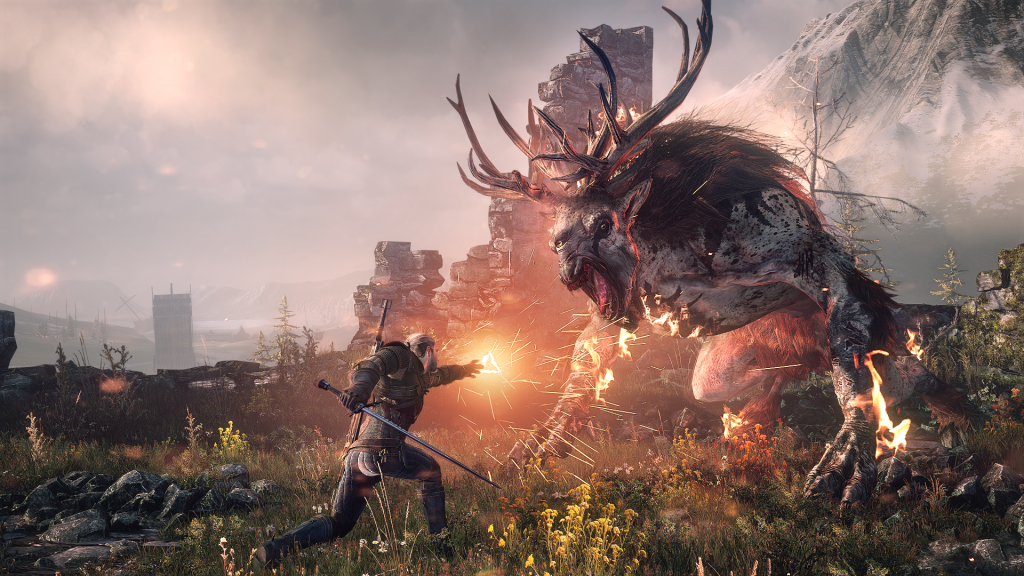Good Old Games’ Vice President of Publishing and Monetization Maciej Gołębiewski took the time in an interview to sing the praises of DRM-free video games, and how The Witcher 3 proves you don’t need DRM to make a successful game.

The story of Good Old Games actually starts far before 2008, in the roots of their parent company, CD Projekt RED. Poland, where CD Projekt and GOG comes from, had serious game piracy and bootlegging problems in the 1990s. CD Projekt RED itself started as a company that sought to legitimately publish video games from abroad. While the company did the expected localization to sell the games to a Polish market, they also sometimes did serious programming, even reverse engineering, to decompile the games and add their Polish text and voice acting on the games.
In the next decade, the company saw the rise of DRM schemes that frustrated players. CD Projekt RED saw an opportunity to distribute games by removing DRM, using the same programming skills they had developed. They could then add their localization and other bonuses to convince players to buy their games legitimately. In 2008 they launched their new business as Good Old Games, and steadily built a library of classic PC games reprogrammed to work with newer operating systems. In 2012 they expanded the business to include DRM-free indie and AAA games. In spite of recent setbacks, the company knows from experience that they can make money in selling games without DRM. In fact, it has been quite lucrative for over a decade.
Gołębiewski shared this statement when asked how they would convince publishers and developers to sell their video games DRM-free:
“I think our best argument is GOG’s story itself – it shows how a site that was dedicated to reviving “Good Old Games” evolved to a platform that serves millions of users on a monthly basis and offers thousands of titles without any sign of DRM. Throughout our 14 years of history, we have a lot of examples showing that releasing games without DRM can bring financial success and gamers’ gratification. Take, for example, The Witcher 3 by CD PROJEKT RED. The game was released DRM-free on all platforms and became one of the best-selling video games of all time, with 40 million copies sold to date. And there are plenty of other titles released on GOG that are widely considered a classic and iconic for their genre. This proves it’s more about releasing high-quality games that can draw players’ attention and let them sink into the game than showing them a distrust by applying DRM schemes that won’t protect publishers from piracy anyway.”
Of course, GOG has already been successful in convincing many of the biggest video game companies to bring their games to their platform DRM-free. Among the many partners the company has are Ubisoft, Electronic Arts, Disney and LucasArts, Blizzard Entertainment, Bethesda Softworks, and Konami.
In regards to The Witcher 3: Wild Hunt, the company reported on June 9, 2015, a month after the game’s launch, that they had sold 690,000 units of the game on GOG.com, with Steam coming in as the second largest seller at 580,000 units. GOG did not skimp on any features or content for their game with any distributor or platform. They sold their DRM-free version the most, over the convenience of consoles or Steam, on the strength of their version being DRM-free.
Source: Screenrant

 New The Diofield Chronicle Update Brings New Scenario, Difficulty, And Modes
New The Diofield Chronicle Update Brings New Scenario, Difficulty, And Modes